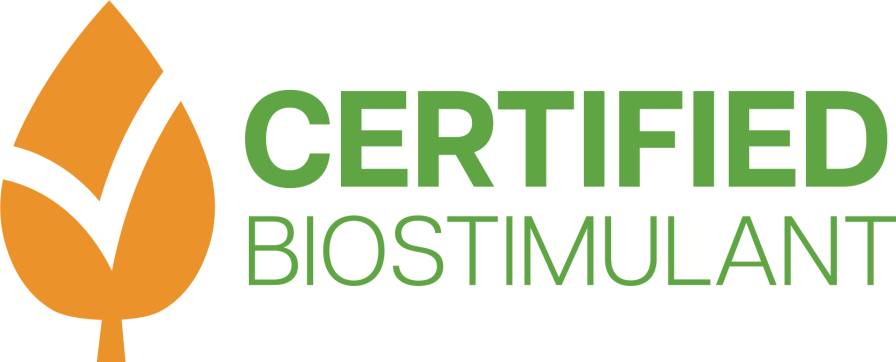AMVAC’s Trogele: ‘Entire Downstream Channel of Our Industry Will Be Challenged’

Trogele
Retailers have increasing interest in exploring post-patent manufacturers as alternative suppliers to needed products, prompted by upheaval among the basics as the Big 6 consolidate to the Big 3.5 and plant shutdowns wreak havoc on Chinese crop protection manufacturing.
AMVAC Chief Operating Officer Bob Trogele offered his insight on the current agrichemical environment, and on how retailers can possibly engage with post-patent companies.
What has your experience been since the M&A activity among the basics really started picking up pace, given the uncertainty with that as well as the Chinese supply disruptions?
The M&A market has been buoyant due to forced trade commission divestitures as larger companies merge, and also, among smaller entities, due to lack of management succession. Given the down cycle in agribusiness, technology changes, etc., both are bringing new opportunities. As a result, we have benefited with product acquisitions from Adama, Syngenta, and the acquisition of private companies like OHP in the horticulture sector and Grupo Agricenter in Latin America. Further, we believe that post-merger, many of the larger companies in our industry will seek to optimize and focus their portfolios, resulting in further product divestitures that we could seek to acquire during the next several years.
What do the supply disruptions in China mean for the industry and your company?
We can only say that this will bring opportunities and challenges. We produce a great deal of our portfolio in-house, in the United States, so we see this as an opportunity. The entire downstream channel of our industry will be challenged to increase finished product prices due to the Chinese supply side price increases. Products and intermediates from China will likely be in increasingly short supply and experience periodic disruption, resulting in price increases for many products. This dramatic change will become a significant factor in the profitability performance of the entire crop protection products industry in 2018 and 2019.
Have you found that retailers have increasing interest in exploring post-patent manufacturers as alternative suppliers to needed products?
Our experience is that customers pay for value. We provide value via reliability, inventory management and the right service level. Margins seem tight for retailers as the tension between the full-service retailer and the discount retailer, and sometimes cash and carry market, compete for the producer wallet. Customers do business with AMVAC on a number of success factors: consistency, proper inventory management, margin retention, supply reliability, future near term innovation pipeline, etc. We work with our customers closely to provide what the market demands and support their success.
How best should retailers engage with post-patent players? How would partnerships get started and evolve?
This depends on the service level a retailer provides. If the retailer is providing agronomic services, financing, speedy delivery, application services, etc. they will need to segment their customers accordingly and provide products and services to those needs. Offering a high service level along with cash and carry pricing model will likely not be sustainable for profitability. At AMVAC, we provide one of the best logistic systems – especially bulk systems and a high degree of supply chain flexibility — as many of our products are produced close to the U.S. customer. Further, we offer planning support in areas of inventory management and market opportunity and are increasingly supplying the market with innovative solutions designed by our technology team, whether it is chemical or biological product solutions or precision agriculture system solutions, and most importantly, agronomic technical support where needed. In regards to retail partnerships in USA, we have our YES program to support retailers in their area. Here we work with them along the value chain to support their performance and their customer needs, meaning their grower base.
Getting back to the basics, do you own labels? Do you strictly import? What services are offered?
Most of our portfolio is registered in our name; we have a number of licenses and distribution agreements to supplement our portfolio offering. Increasingly, we are approached by third parties to market their technology via our market access tools and system in the USA, and internationally as we expand abroad. We offer detailed market opportunity analysis tools and mapping and experienced top professionals in development, formulations, marketing regulatory, and sales. Since we do not do basic research, we do not compete with partners. As a hybrid manufacturer/producer, we import from Asia, some of our raw materials and a portion of our finished goods. A company our size is also very driven top down on personal relationships – our hand shake counts.






